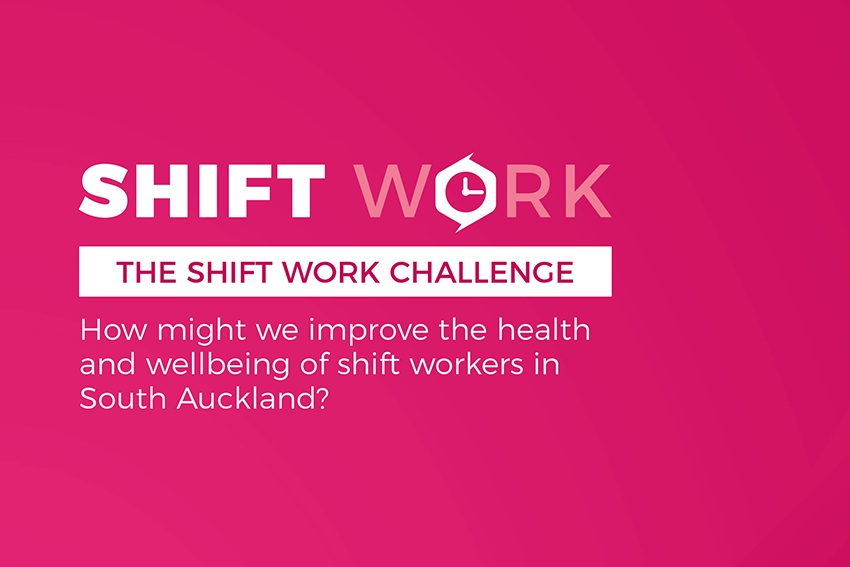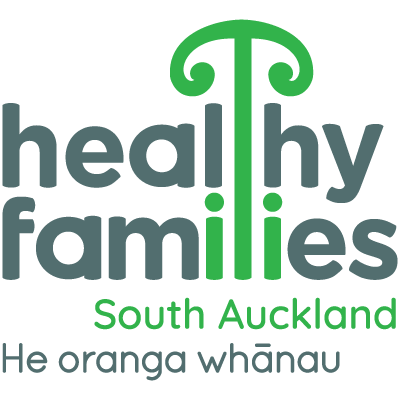
Healthy Families Manukau, Manurewa-Papakura in partnership with major New Zealand corporates has released the findings around the health and wellbeing of shift workers in South Auckland.
The partnerships or Business Community of Practice (BCoP) are a part of Healthy Families Manukau, Manurewa-Papakura’s innovative approach to bring employees and employers together to look at what constitutes a healthy workplace.
Major corporates in the BCoP include: Air New Zealand, Bidfood, Chep NZ, Fonterra, Frucor Suntory NZ, Goodman Fielder, Manukau Institute of Technology, Rinnai NZ, Spotless and The Warehouse Group.
In September 2017, Healthy Families Manukau, Manurewa-Papakura began working with five businesses in BCoP: Air New Zealand, Auckland Council, Fonterra, Frucor Suntory NZ and The Warehouse Group to explore the impact of shift work on workers with a particular focus on Māori and Pacific employees using a co-design approach.
The partnership looked at gathering insights and assisting with designing and testing solutions to improve the health and wellbeing of shift workers in their companies.
Healthy Families Manukau, Manurewa-Papakura Lead, Rachel Enosa says some employers’ definitions of wellbeing are often different to their employees.
“Many Māori and Pacific workers base their wellbeing around cultural beliefs, values and their faith which sometimes is not deeply understood by most big companies.”
“This work is incredibly important. We know there are a lot of large businesses in South Auckland that employ Māori and Pacific shift workers, so this is an area we wanted to explore more,” says Ms Enosa.
Healthy Families Manukau, Manurewa-Papakura also formed a partnership with innovate change who provided the methodology for the shift work ‘design challenge’ which is based around the ‘innovative action model’ consisting of four stages: questioning, understanding, designing and refining.
Shift workers were trained as interviewers and captured the insights of their workmates and their health and wellbeing challenges.
Over 50 interviews in total were conducted and included experiences from shift workers and individuals like ministers and doctors who are a part of the wider wellbeing system.
Air New Zealand Wellbeing Programme lead Liam Scopes says it was beneficial to work alongside other major organisations on the project.
“As businesses we face similar challenges so it’s fantastic to work as a collective to address these. We’re also part of our local community and we want to understand our teams’ on-the-ground challenges and collaborate on solutions.”
“It was also an opportunity to broaden and deepen our peoples’ skills, including training in peer interview techniques. The unique dynamic of mate-to-mate conversations is invaluable.”
Air New Zealand airport based shift worker, Jovan Kapoki Tavaka agrees and would like the study’s insights to be shared widely.
“People don’t understand the challenges of shift work unless we talk about them. I got involved because I want to give back and help others – every little thing helps.”
Key insights uncovered through the design challenge shed light on the lived experiences of shift workers in South Auckland. Family is consistently the highest priority for shift workers, and often a financial driver. However, shift work itself can compromise family dynamics.
The nature of shift work impacts workers ability to maintain social, community or faith-based commitments and sleep deprivation influences their mood and ability to function.
Employees and employers worked together to create ideas that would make a change in their company. Healthy Families Manukau, Manurewa-Papakura is now testing a couple of the prototypes that came out of the challenge with two of the businesses in the collective.
To find out more about the Shift Work Challenge – click here The_Shiftwork_Challenge.pdf



